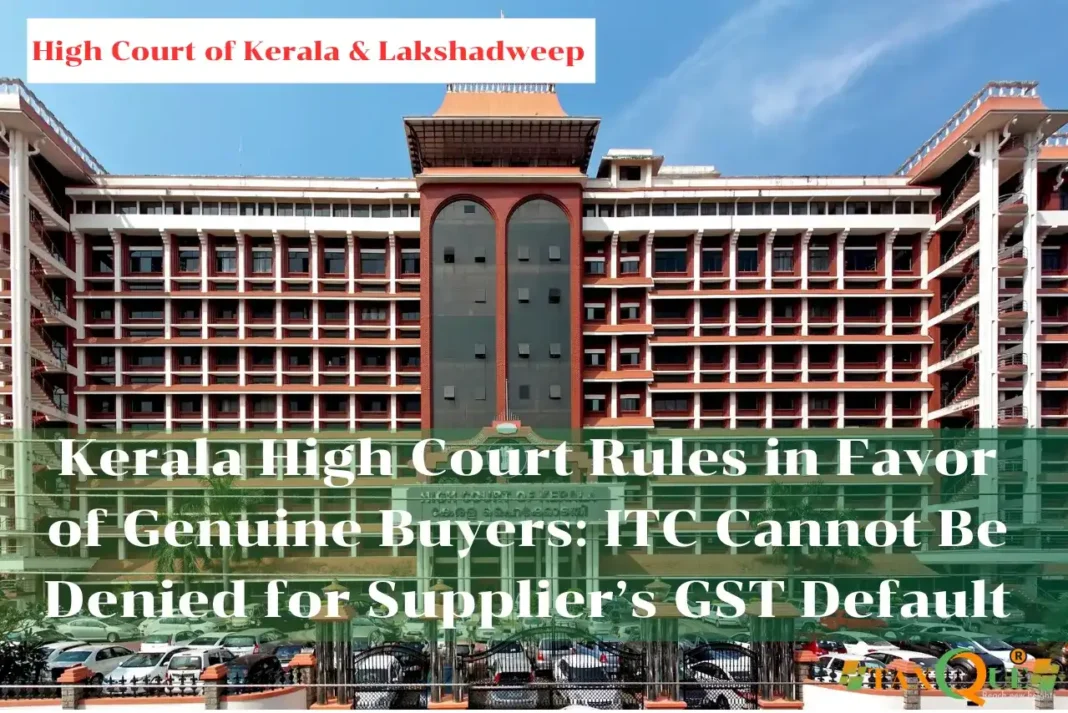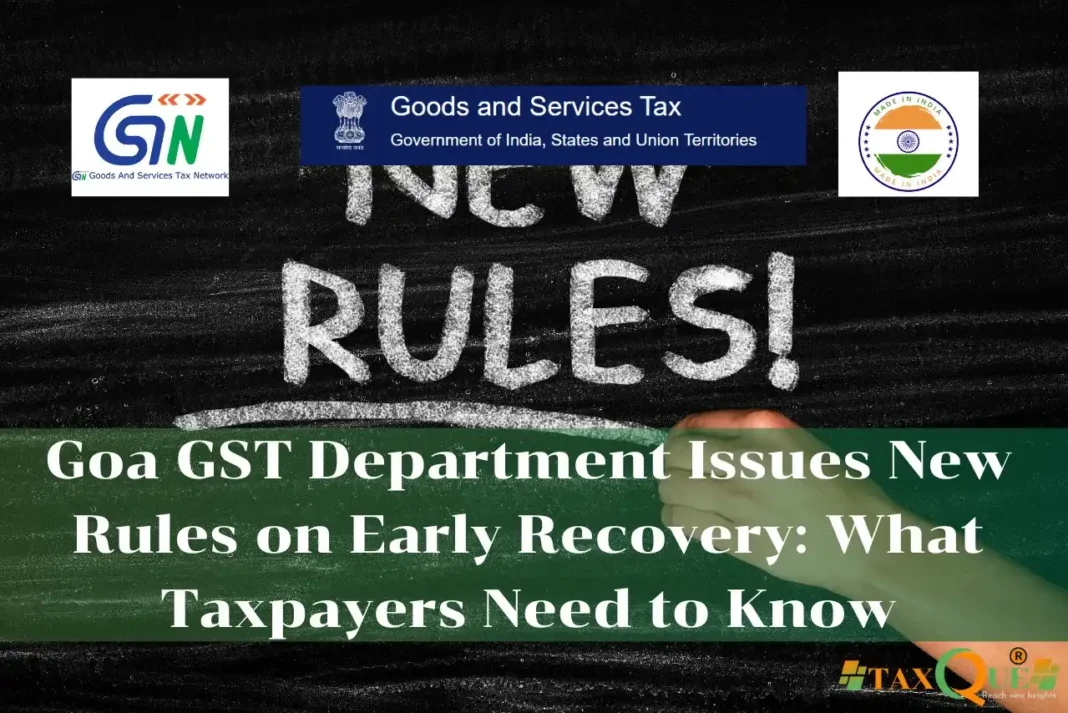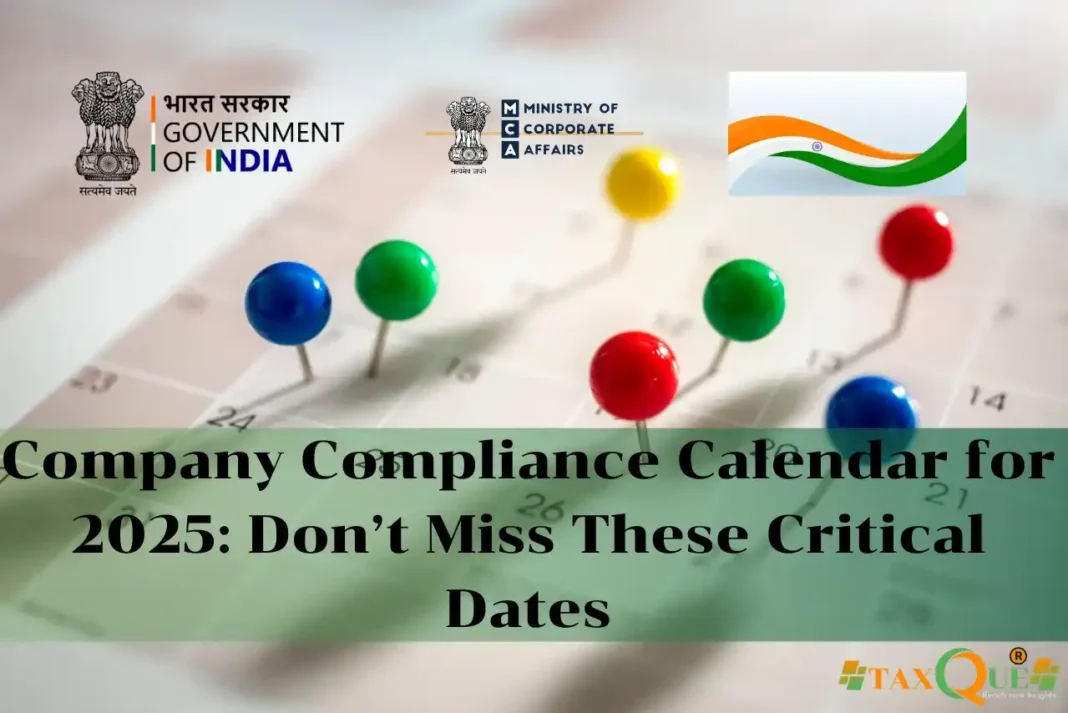Kerala High Court Protects Honest GST Payers: ITC Can’t Be Denied for Supplier’s Mistake
Introduction
In a significant move that protects honest businesses, the Kerala High Court on 4th June 2024 ruled that genuine buyers cannot be punished just because their suppliers fail to file GST returns or deposit taxes. This ruling is a relief for thousands of businesses struggling with Input Tax Credit (ITC) issues caused by mismatches in GSTR-2A.
The case was about the constitutional validity of Sections 16(2)(c) and 16(4) of the Central and State GST Acts. The Court said loud and clear — if the buyer has followed all rules, they deserve their tax credit.
Case Overview
| Details | Information |
|---|
| Court | Kerala High Court |
| Judgment Date | 04 June 2024 |
| Judge | Hon’ble Justice Dinesh Kumar Singh |
| Writ Petition Numbers | WP(C) 31559/2019, 25891/2020, 26515/2021, 5995/2022, 21545/2022, etc. |
| Main Issue | Denial of ITC to buyer due to supplier’s failure to file GST returns/pay tax |
| Law Challenged | Sections 16(2)(c) and 16(4) of CGST & SGST Acts |
| Judgment Outcome | In favor of taxpayer (bonafide buyer); ITC denial declared unjust |
Understanding Sections 16(2)(c) and 16(4)
Section 16(2)(c)
This section says that a buyer will get ITC only if the supplier has paid the tax to the government.
🔴 Problem: The buyer has no control over what the supplier does after the sale.
Section 16(4)
This section sets a time limit to claim ITC — by 30th November of the next financial year or before filing the annual return, whichever is earlier.
🔴 Problem: If there are delays in filing by the supplier, the buyer could miss out even after making full payment in time.
What the Kerala High Court Said
The Court gave several strong reasons why such provisions should not be used to deny genuine buyers their rights.
🟢 1. Honest Buyer ≠ Defaulter
The Court said it is unconstitutional to treat an honest buyer like a tax evader just because of their supplier’s failure.
“Why punish a person who has complied with the law?” – The Court
🟢 2. You Can’t Control Someone Else’s Actions
A buyer cannot force the supplier to pay GST. It’s just not possible.
This follows a key legal principle:
“Lex non cogit ad impossibilia” – The law does not compel a person to do the impossible.
🟢 3. GSTR-2A Is Not the Final Word
Many ITC claims are rejected if a transaction is missing in GSTR-2A, which is a reflection of the supplier’s return.
But the Court said:
“GSTR-2A is not the only document to prove a transaction.”
If you have the invoice, payment proof, and delivery receipt, that should be enough.
Key Takeaways
| 🧠 What You Must Know | ✅ What It Means for You |
|---|---|
| ITC is a right, not a concession | If you’re a compliant buyer, you should not be denied ITC. |
| GSTR-2A mismatch alone cannot deny ITC | As long as your records are in order, you’re on strong ground. |
| Buyers are not liable for supplier’s tax deposit | The responsibility lies with the supplier, not the recipient. |
| Unjust enrichment of government is unfair | The tax department cannot collect the tax twice — from buyer and supplier both. |
Example Scenario
Let’s say you buy ₹10 lakhs worth of goods from a supplier and pay ₹1.8 lakhs GST. You claim ITC in your return. But later, your supplier doesn’t file GSTR-1 or pay tax.
🛑 The department blocks your credit — citing Section 16(2)(c).
✅ Now, as per this Kerala HC judgment, you can challenge this denial if you have proof of:
- Valid tax invoice
- Proof of payment
- Receipt of goods
Why This Judgment Matters
✅ Protects thousands of MSMEs and honest taxpayers from unfair denial of credit.
✅ Pushes for fair interpretation of GST laws in favor of genuine buyers.
✅ Could become a national precedent as similar cases are pending in other courts.
✅ May influence GST Council to amend these provisions for more clarity and justice.
Conclusion
The Kerala High Court has delivered a taxpayer-friendly judgment that brings relief, clarity, and fairness to GST compliance. It reminds tax officials and policymakers that law must support good faith, not just technicalities. This ruling empowers honest businesses to fight for their rights — and sets the stage for more balanced GST enforcement in the future.
FAQs
Q1. Will this judgment apply across India?
Not directly — but it’s a strong precedent. Other courts may follow it, and it could influence policy.
Q2. What documents should I keep to prove my ITC claim?
- Valid GST invoice
- Payment proof (bank statement)
- Delivery challan / e-way bill
Q3. Can I claim ITC if the invoice is not in GSTR-2A?
Yes, if other conditions are met and you are a genuine purchaser.
Q4. Is GSTR-2B relevant here?
Yes. GSTR-2B is now the reference for ITC eligibility. But like GSTR-2A, it’s not a legal barrier to credit if your documents are proper.
Disclaimer
This blog is for educational and informational purposes only. It is based on the Kerala High Court judgment dated 04 June 2024 in a batch of GST-related writ petitions. It should not be treated as legal advice. Please consult a tax professional or legal expert for personalized guidance.





